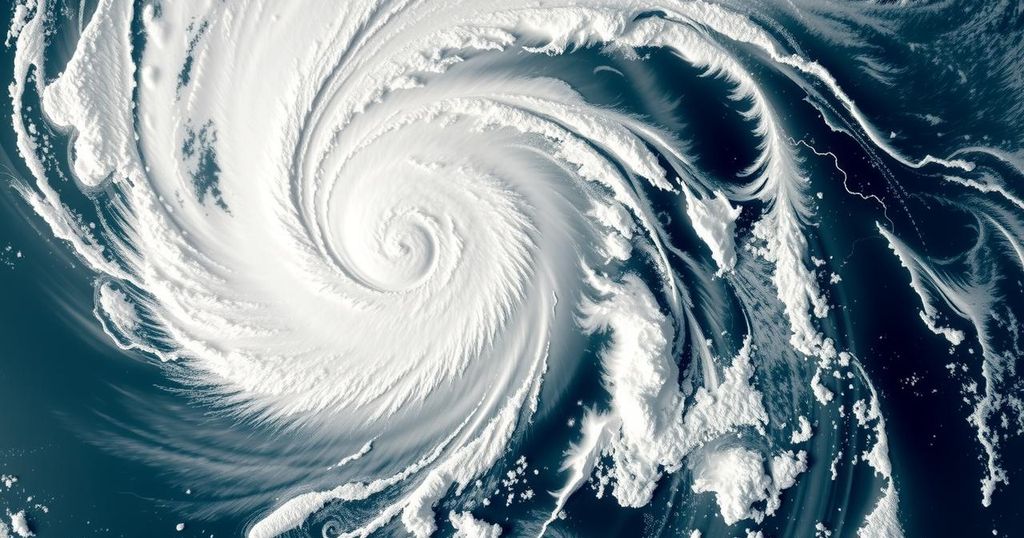Tropical Cyclone Chido: Impact Assessment and Humanitarian Response in Southern Africa
Tropical Cyclone Chido struck Mozambique on 15 December, resulting in 45 deaths and affecting 184,000 people. The cyclone primarily impacted Cabo Delgado and Nampula provinces, causing extensive damage to homes and infrastructure. In Malawi, 45,000 individuals were affected, with 13 reported fatalities. Humanitarian assessments and aid distribution are underway to support the recovery efforts.
As of 18 December 2024, Tropical Cyclone Chido has significantly impacted Southern Africa, particularly Mozambique and Malawi. The cyclone made landfall on 15 December, resulting in 45 fatalities and affecting 184,000 individuals in Mozambique’s Cabo Delgado and Nampula provinces. The storm’s aftermath has caused extensive damage, including the destruction of over 35,000 homes, 48 health centres, and 149 schools. In Malawi, the cyclone left 45,162 people affected, leading to 13 confirmed deaths. Humanitarian organizations are on the ground assessing damage and distributing essential supplies to support those impacted. The urgent needs identified include food, water, sanitation, shelter, and survival kits.
Tropical Cyclone Chido emerged as a significant weather event, developing between 7 and 8 December in the southeastern Indian Ocean. It escalated in intensity, reaching Category 4 status before subsequently weakening. The cyclone traversed the region, impacting areas such as Madagascar, Mayotte, and ultimately Mozambique, before moving into Malawi. The scale of its destruction prompted humanitarian response efforts across the affected nations. The substantial death toll and extensive infrastructure damage necessitate immediate assistance for recovery and rebuilding.
In summarization, Tropical Cyclone Chido has led to tragic loss of life and widespread destruction across Southern Africa. The humanitarian crisis demands urgent attention as affected individuals require basic necessities and support for recovery. The coordinated efforts by humanitarian agencies to supply assistance underscore the critical need for swift action to aid those impacted by this disaster.
Original Source: reliefweb.int




Post Comment